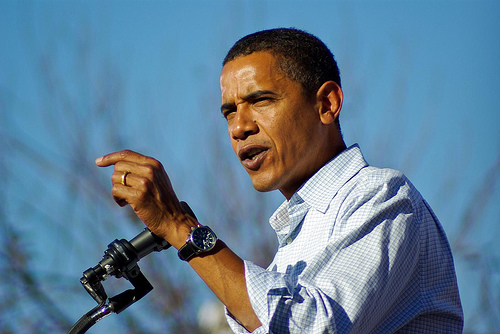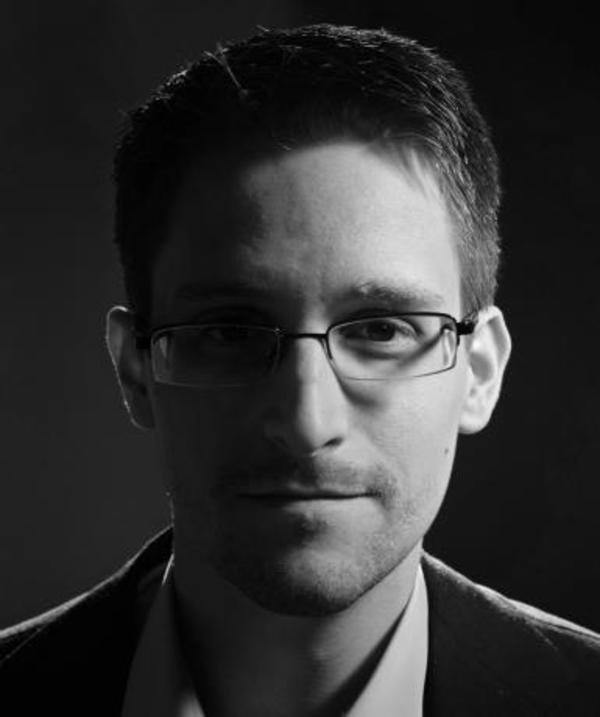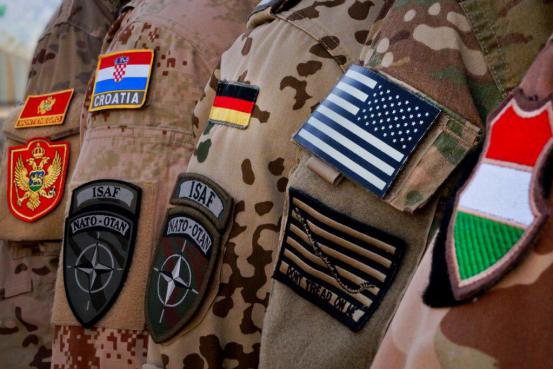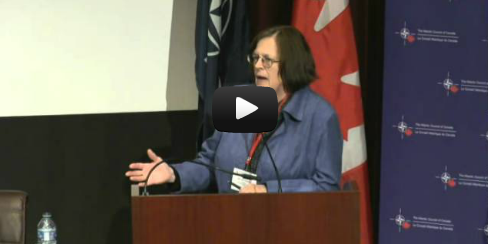[captionpix align=”left” theme=”elegant” width=”320″ imgsrc=” http://media.northjersey.com/images/040412romney_obama_dngnk.jpg” captiontext=”President Obama’s Affordable Care Act, strong-handed foreign policy, and savvy PR machine will clinch him a victory in November, argues Mahsa Alimardani”]
When US President Barack Obama campaigned in 2008 he ran on the platform of “change we can believe in.” Five years later, during a heated contest for re-election, this change has arrived. How this transformation is defined is entirely subjective, but it’s undeniable that the Obama era has left a significant mark on American history.
Obama’s 2010 Affordable Care Act (ACA), or Obamacare as the critics have dubbed with derision, and supporters have embraced with adoration, was legally upheld on June 28 by the Supreme Court. This bill is 2700 pages, it weighs 108 pounds, and it’s going to give 32 million previously uninsured Americans health insurance. Healthcare may for the first time become a human right in the United States.
This is a crucial factor in the upcoming election. Not only in that the bill will bring basic health coverage to millions, but also in that Obama has succeeded where others have failed. The law passed with no Republican help in Congress, and with the deciding vote coming down to a conservative Chief Justice. This is not only a change in the healthcare system, but also a change in Obama’s presidential legacy. According to Presidential historian Douglas Brinkley of Rice University, Obama will go down in history as a leading progressive president for delivering on his healthcare promise.
In terms of his foreign policy Obama has been criticized by the right for taking a soft approach. Republican candidate Mitt Romney has accused Obama for constantly apologizing for America. Romney’s rhetoric does not match reality however. Obama has escalated the number of drone strikes, and expanded their geographic range across Afghanistan and Pakistan, as well as Yemen and Somalia. Although it faces criticism for the killing of innocents, drone warfare, compared to the alternative of conventional land operations, results in far fewer civilian casualties.
Obama’s national security is attaining results. His drone program most recently located the strategist behind the failed Christmas day bombings, Anwar Al-Awlaki. This is no apologetic foreign policy that Romney can criticize.
Both Obama and Romney understand American elections are rarely won on the basis of foreign policy. Americans will focus on the issue of economic revival and job opportunities when they vote in November. In 1992 Bill Clinton famously said “it’s the economy, stupid” against an incumbent president with a strong foreign policy record. In that regard, Mitt Romney has a bit more traction in criticizing Obama’s economic policy.
Romney’s economic platform focuses on his experience as the CEO of Bain Capital, for which he’s been responsible for laying off thousands as a result of investment failures. This record further compounds with his policies of dismantling regulations, slashing taxes for the rich, weakening unions, and contributing to gross income inequality throughout in America. According to a Pew survey, the growing gap between the rich and the poor is the greatest source of tension in American society, and it is unlikely that Romney’s stance will reassure the dissatisfied American public.
Ultimately, policy issues will be overshadowed by the battle of personalities. This was the case during the 2000 elections that were largely won because of George W. Bush’s image as “someone you could have a beer with,” as opposed to his opponent Al Gore, who appeared as a moralizing policy wonk. Likewise, Mitt Romney has tried to look like a man of the people, but has repeatedly demonstrated he’s no average Joe. This was most evident during the recent Daytona 500 Nascar race where Romney was asked about how closely he followed Nascar, to which he responded, “Not as closely as some of the most ardent fans. But I have some great friends who are NASCAR team owners.” These are not ways to appeal to a recession-riddled America.
The Obama image on the other hand has been carefully maintained by the administration. This was most notably covered by Michael Wolff’s in a piece for Vanity Fair in 2009, where the administration’s press and media operations are demonstrated to be the most sophisticated of any American politician; members of his cabinet, from Press Secretary to Chief of Staff are connected to the biggest media outlets in America. This is in contrast to the Bush administration, whose Chief of Staff, Andy Card had no press experience before taking his post.
Wolff’s assessments have endured four years on with the recent New York Times revelationoutlining the president’s drone operations and counterterrorism “kill lists.” The program to assassinate terrorist suspects without judicial process was acknowledged openly for the first time. The article however was written with the cooperation of current and former Obama administration advisors to present the program in the best light possible. Obama is ultimately presented as a humanitarian grappling between moral philosophy and national security decision-making. This is the cleverest way to present government policy to the public — through a public relations spin via one of the most respected and widely read newspapers in the country. If Obama’s presidency has outlined one thing, it’s the strength of good PR in politics. This just might be the determining factor in November.
With the victory of Obamacare under his belt, a strong national security platform, and an opponent with a personality that has alienated the American public, Obama remains a strong incumbent president. While I hesitate to make any predictions, the odds are in favor of a second term for President Barack Obama.




